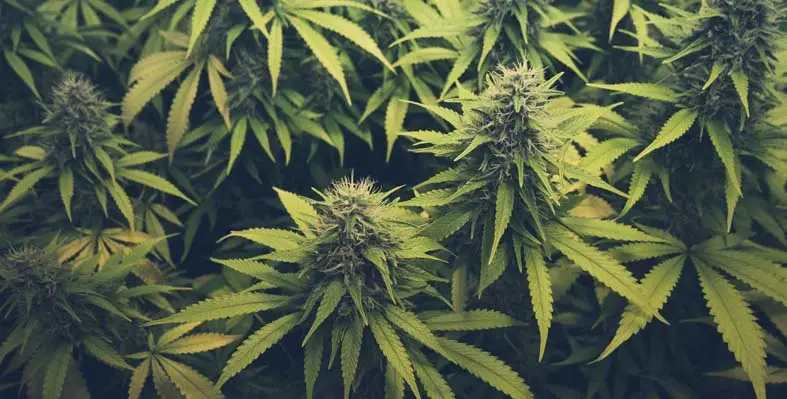South Africa has recently introduced a reform to its age-old law that classifies cannabis as illegal
On 28 May, President Cyril Ramaphosa signed into law the Cannabis for Private Purposes Act (CfPPA), that regulates the use, cultivation and possession of the plant.
A presentation by Ben Sassman, owner of South Africa-based startup, Hemp 4 Life in February this year, highlighted the challenges being faced by the small-scale cannabis and hemp farming industry. The meeting emphasised the urgent need for government intervention to address regulatory challenges, provide financial support and facilitate sustainable growth and development within the industry.
Given the massive economic potential of the industry that remains untapped, Molebogeng Sharon Letlape, member of the National Assembly and Economic Freedom Fighters (EFF), highlighted the disparity between the potential revenue that could be generated and the total revenue indicated by the South African Revenue Service (SARS), bringing into light the exclusion of the industry in the economic cycle.
Deputy Minister, Rosemary Capa appreciated Sassman's presentation, while noting the challenges in coordination between provinces and the national government amid debates over cannabis decriminalisation and trading restrictions. Moreover, Capa urged the Department of Agriculture, Land Reform and Rural Development (DALRRD) to reassess its approach, while also emphasising the need for a ‘political champion’ to unite departments responsible for justice, social development, agriculture, and health on this matter.
With the legality of cannabis no longer a concern, the government can efficiently intervene by providing adequate economic support and assistance to smallholder hemp and cannabis farmers. This can eventually help South Africa reap the economic and health benefits of this plant, while also setting an example for other African nations to closely follow suit.





